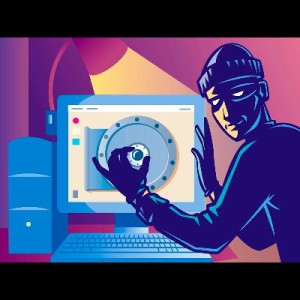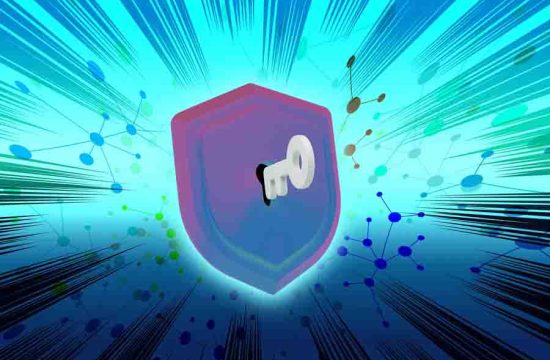 The threat of hackers and cyber-criminals is very real, for large companies and small businesses alike. That means that business owners must accept that a strong cyber-defense system is a must in the modern business world. The good news is that there are lots of security firms out there willing to help.
The threat of hackers and cyber-criminals is very real, for large companies and small businesses alike. That means that business owners must accept that a strong cyber-defense system is a must in the modern business world. The good news is that there are lots of security firms out there willing to help.
“Don’t waste one second considering hosting your own software on a server that you own,” says Kevin Stecko, founder of 15-year-old online apparel shop 80sTees.com. He should know: in 2012, Stecko was head down, focusing on selling vintage t-shirts, when he discovered he’d been the victim of a cyber breach. Several of his customers discovered that their credit cards had been hijacked, and their respective credit card companies’ pegged their transactions with Stecko’s company as the connecting link. “We were not prepared at all for it and we didn’t know what the heck we were doing,” says Stecko. “I called my lawyer, I called some security consulting firms, I called the banks and asked them for help—no one gave me any good information.”

It was the Secret Service, oddly enough, that came to the rescue. Having been notified by the affected banks of the security breach, the organization contacted Stecko and began an investigation, discovering that, most likely, 80sTees servers had been breached by hackers using the compromised computer systems of senior citizens.
Following the breach, Stecko hired credit card processor Cybersource ($500 a month), order management platform Order Motion and ecommerce platform Shopify ($1,000 per month), to handle his operations, making it unnecessary for 80sTees to store any credit card data at all. All firms abide by the security guidelines set by the Payment Card Industry, (in other words, they’re PCI compliant). Altogether, security costs Stecko about $7,000 per month–less, Stecko says, than if he was doing it all with his own organization. “These are companies that process billions of dollars of transactions, and therefore have the capability to hire much smarter people who are focused on security,” says Stecko, who also implemented two-step authentication at his company.
Used gift card marketplace, CardCash, is also a fan of outsourcing the defense of its sensitive data, says CEO Elliot Bohm. “When it comes to credit card data, it’s best just to outsource it to a company that does it well. You just have to focus on your business and not on other things which could be a distraction and could just cost you a lot of money and you’ll never be able to do a good job at it anyway.”
Rules to beat hackers
1. Do not store credit card data on your server.
2. If you are selling goods online, work with reputable third-party sales plat form ( Do not go it alone).
3.Purchase high end anti virus and anti-malware software.
4. Make sure your employee knows the risks and what to look out for.
5. Opt for 2-step authentication.
6. Install on site security cameras to get a look at possible perps.
7.Human over sighte must be a part of good defense.
8. Test your system regularly.
Source: Forbes








